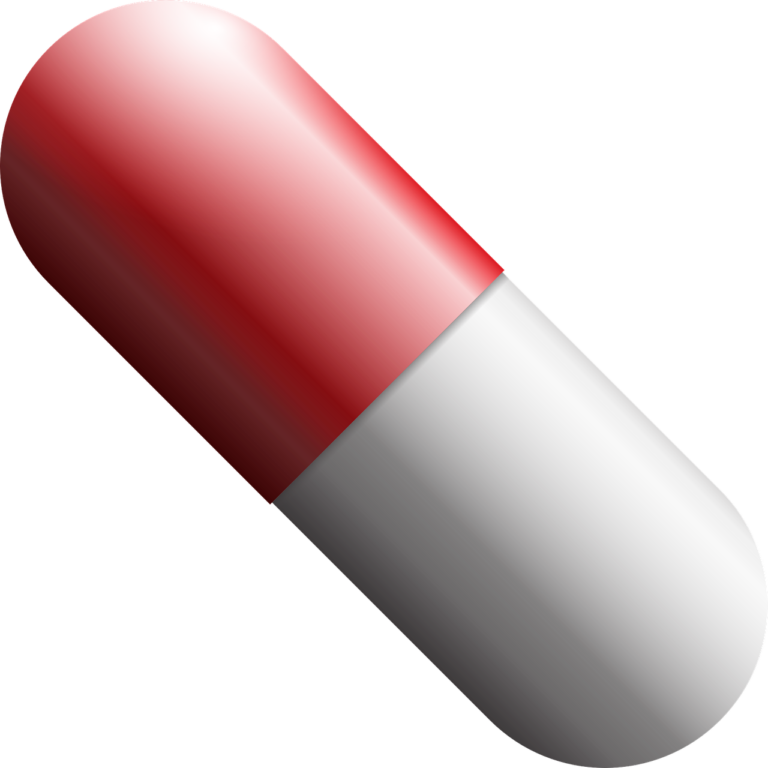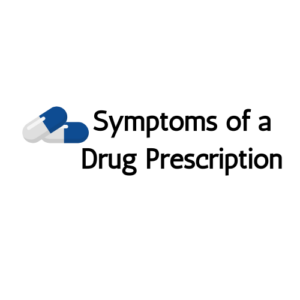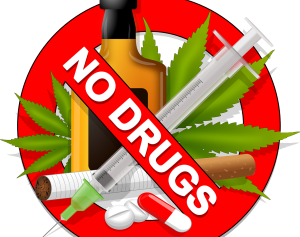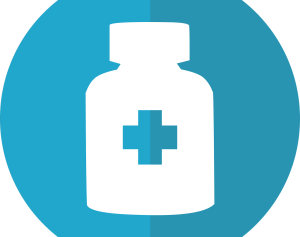Learn More ♥ Live Healthier

Increase Your Awareness With Basic Facts About Lithium
By Nikki and Anne Heart ♥ April 2023

*Picture displayed is a general pill and should not be used as a pill identifier.
The following highlights the facts. More information can be obtained through the sites listed below as well as many other informational sites regarding prescription drugs. Medication facts can change. Make sure you have all up-to-date information.
Quick facts YOU Need to Know
Lithium, brand names currently available: Lithobid®
Class of drug called antimanic agents.
Lithium is FDA approved:
- For the treatment of Bipolar 1 disorder.
- Lithium may control your condition, but will not cure it.
Lithium is prescribed off-label:
- To treat major depressive disorder as an adjunct therapy
- Managing bipolar disorder without a history of mania
- Addressing vascular headaches
- Alleviating neutropenia
Lithium levels should be carefully monitored by routine blood testing.
Swallow the extended-release tablet whole; do not split, chew, or crush it.
BOX WARNING:
Lithium toxicity is associated with serum lithium concentrations and can manifest even when administered at doses close to therapeutic levels. Therefore, the clinical team should have readily accessible facilities to accurately determine serum lithium levels before initiating lithium therapy.

- restlessness
- fine hand movements that are difficult to control
- mild thirst
- loss of appetite
- stomach pain
- gas
- indigestion
- weight gain or loss
- dry mouth
- excessive saliva in the mouth
- change in the ability to taste food
- swollen lips
- acne
- hair loss
- unusual discomfort in cold temperatures
- constipation
- depression
- joint or muscle pain
- paleness
- thin, brittle fingernails or hair
- itching
- rash
Some side effects can be serious. If you experience any of the following symptoms, call your healthcare provider immediately:
- unusual tiredness or weakness
- excessive thirst
- frequent urination
- slow, jerky movements
- movements that are unusual or difficult to control
- blackouts
- seizures
- fainting
- dizziness or lightheadedness
- fast, slow, irregular, or pounding heartbeat
- shortness of breath
- chest tightness
- confusion
- hallucinations (seeing things or hearing voices that do not exist)
- crossed eyes
- painful, cold, or discolored fingers and toes
- headache
- pounding noises inside the head
- swelling of the feet, ankles, or lower legs
- drowsiness
- shaking of a part of your body that you cannot control
- muscle weakness, stiffness, twitching, or tightness
- loss of coordination
- diarrhea
- vomiting
- slurred speech
- giddiness
- ringing in the ears
- blurred vision

Before taking lithium:
- Tell your doctor and pharmacist if you are allergic to lithium or any other medications.
- Tell your doctor if you are taking diuretics (‘water pills’). Your doctor may tell you not to take lithium if you are taking this medication or will monitor you carefully for side effects.
- Tell your doctor and pharmacist what prescription and nonprescription medications, vitamins, nutritional supplements, and herbal products you are taking or plan to take. Be sure to mention any of the following: acetazolamide (Diamox); aminophylline; angiotensin-converting enzyme (ACE) inhibitors such as benazepril (Lotensin), captopril (Capoten), enalapril (Vasotec), fosinopril, lisinopril (Prinivil, Zestril), moexipril (Univasc), perindopril (Aceon), quinapril (Accupril), ramipril (Altace), and trandolapril (Mavik); angiotensin II receptor antagonists such as candesartan (Atacand), eprosartan (Teveten), irbesartan (Avapro), losartan (Cozaar), olmesartan (Benicar), telmisartan (Micardis); and valsartan (Diovan); antacids such as sodium bicarbonate; caffeine (found in certain medications to treat drowsiness and headaches); calcium channel blockers such as amlodipine (Norvasc), diltiazem (Cardizem, Dilacor, Tiazac, others), felodipine (Plendil), isradipine (DynaCirc), nicardipine (Cardene), nifedipine (Adalat, Procardia), nimodipine (Nymalize), nisoldipine (Sular), and verapamil (Calan, Covera, Verelan); carbamazepine (Tegretol); medications for mental illness such as haloperidol (Haldol); methyldopa (Aldomet); metronidazole (Flagyl); nonsteroidal anti-inflammatory drugs (NSAIDs) such as celecoxib (Celebrex), indomethacin (Indocin), and piroxicam (Feldene); potassium iodide; selective serotonin reuptake inhibitors (SSRIs) such as citalopram (Celexa), duloxetine (Cymbalta), escitalopram (Lexapro), fluoxetine (Prozac, Sarafem), fluvoxamine (Luvox), paroxetine (Paxil), and sertraline (Zoloft); and theophylline (Theolair, Theochron). Your doctor may have to change the doses of your medication or monitor you more carefully for side effects.
- Tell your doctor if you have or have ever had heart or kidney disease. Also tell your doctor if you have or develop severe diarrhea, excessive sweating, or fever during your treatment. Your doctor may tell you not to take lithium or may monitor you more carefully for side effects.
- Tell your doctor if you have or have ever had organic brain syndrome (any physical condition that affects the way your brain works) or thyroid disease or if you have ever fainted without an explanation. Also tell your doctor if you or anyone in your family have or have ever had Brugada syndrome (a disorder that can cause a potentially fatal irregular heart rhythm) or if anyone in your family has died suddenly with no explanation before the age of 45 years.
- Tell your doctor if you are pregnant, plan to become pregnant, or are breastfeeding. If you become pregnant while taking lithium, call your doctor. Lithium may harm the fetus.
- If you are having surgery, including dental surgery, tell the doctor or dentist that you are taking lithium.
- You should know that this medication may make you drowsy. Do not drive a car or operate machinery until you know how this medication affects you.
Sources used:
- National Library of Medicine, Lithium – StatPearls – NCBI Bookshelf (nih.gov), Chokhawala K, Lee S, Saadabadi A. Lithium. [Updated 2024 Jan 14]. In: StatPearls [Internet]. Treasure Island (FL): StatPearls Publishing; 2024 Jan-. Available from: https://www.ncbi.nlm.nih.gov/books/NBK519062/, accessed March 16, 2024.
- Medlineplus.gov, Lithium, accessed March 16, 2024.
- National Library of Medicine, DailyMed, Lithium Carbonate, accessed March 16, 2024.
- Drugs.com, Lithium, accessed March 18, 2024.
Learn More
♥
Live Healthier

Medical Disclaimer: We share informational resources that are intended to help you with your self-care plan. We are not professionals. We write based on personal experience and personal research.
Nothing on this Website is intended to be taken as medical advice. The information provided on the Website is intended to encourage, not replace, direct patient-health professional relationships. Always consult with your doctor before altering your medications. Adding nutritional supplements may alter the effect of medication. Any medication changes should be done only after proper evaluation and under medical supervision.
General Disclaimer: This site contains links to other internet sites. We are not endorsing any products or services in these sites nor are we endorsing or did we approve information within these sites. Each site contains its own “Privacy Policy”,




